Sardinia Symposium 2025
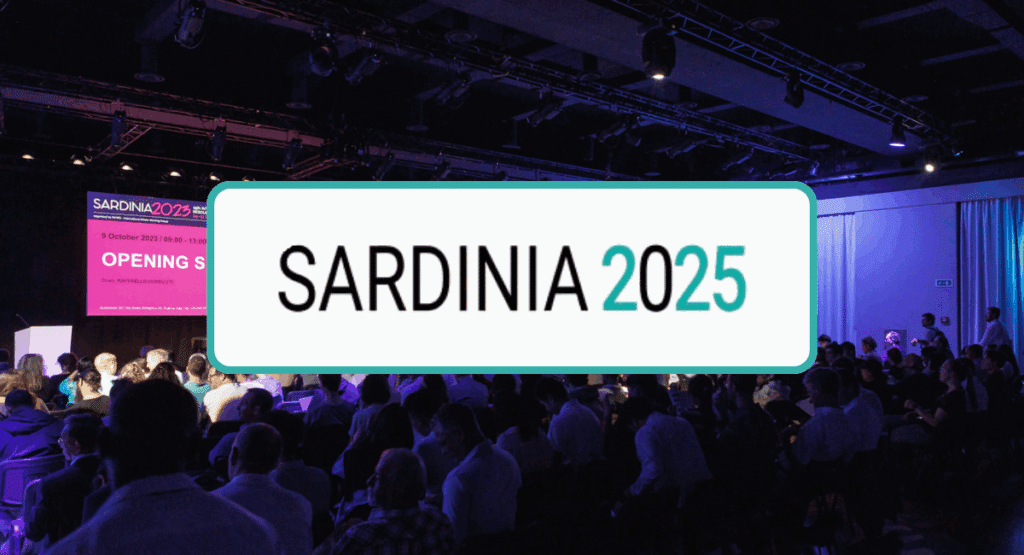
In a little less than a month, for one week in Cagliari (Italy), the world’s leading experts will gather at the Sardinia Symposium to discuss environment, waste management, resource recovery and sustainable landfilling.
On Monday 13 October, in the setting of Forte Village Resort in Santa Margherita di Pula, the 20th edition of Sardinia — International Symposium on Waste Management, Resource Recovery and Sustainable Landfilling — will open, with 500+ delegates from 49 countries.
Sardinia 2025 is organised by the International Waste Working Group (IWWG), with the scientific involvement of the Universities of Padua, BOKU (AT), Tongji (CN), and the Technical Universities of Hamburg (DE) and Luleå (SE). The event is under the auspices of the Italian Ministry of the Environment and Energy Security, ISPRA, ENEA and the “Tavolo di Roma”, and is promoted by numerous international bodies. Sardinia 2025 is also endorsed by RUS — the prestigious Network of Sustainable Universities.
The biennial Symposium, held continuously since 1987, is the world’s most important (and first) conference on waste management and is the reference forum for the scientific community active in the field.
The 2025 edition will open with an inaugural lecture that widens the perspective. Prof. Matilde Nardelli (University of West London) will deliver the Opening Lecture “Waste and the Image: The Lure of (Im)materiality, from Celluloid to AI slop” (Monday 13 October, 10:00–10:30): a viewpoint not strictly engineering‑focused, bringing into focus imagery, visual culture and new technologies (AI) applied to the topic of waste. The opening morning will be preceded by institutional greetings and will continue with the Introductory Lectures.
During the Symposium, the international “Sardinia — A LIFE FOR WASTE” Award, established in 1999 to honour scientists who have devoted their career to advancing waste‑management science and technology, will be conferred. This year the award goes to Professor Thomas H. Christensen (Technical University of Denmark), who will receive the traditional silver “navicella nuragica” by Sardinian sculptor Franco De Giorgi during the official ceremony on Friday 17 October in the presence of the authorities.
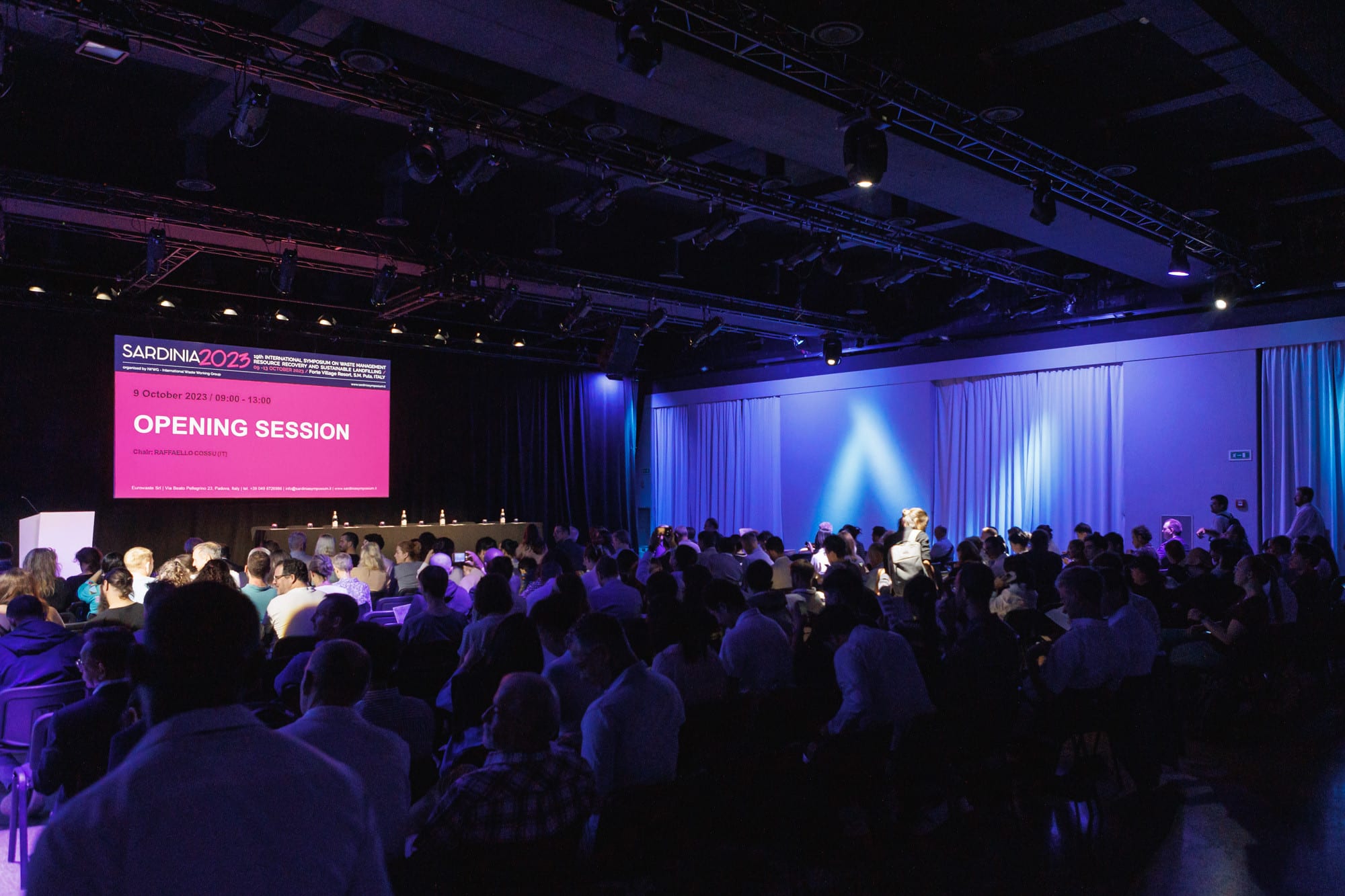
Programme
The scientific programme of Sardinia 2025 features eight parallel tracks presenting over 400 papers. Activities include Oral Sessions, Workshops (deep dives with introductory lectures to stimulate debate), Active Labs (hands‑on laboratories on real cases, working in teams with peers and experts), and Poster Sessions. In addition, four Focus Sessions — plenary meetings on topics of high public interest — will be held: after a state‑of‑the‑art introduction and inputs from 2–3 experts, a moderator will guide a talk‑show‑style discussion with the audience.
Some “hot topics” and key moments of the week:
Textiles — EPR and 2025 Collection
With the EU obligation for separate textile collection coming into force by 2025, the sector is at a turning point. The programme ranges from Italy’s “Traccia‑TO” project on scalable collection and citizen engagement, to case studies on Denmark and Bangladesh (including an LCA on using jute as an alternative to plastic), and a Focus Session moderated by Andreas Bartl (TU Wien) bringing academia and industry together to address the main issues. Of note: Session A10 “Textile recycling” (16 October, 11:00–12:30), where the Oniverse Group (Calzedonia– Intimissimi) will present LIFE RE‑TIGHTS, a project proposing a circular, sustainable solution for end‑of‑life tights, alongside contributions on the role of green chemistry in recycling polyester/cotton composite fabrics. A key appointment to understand how industry and research are translating EU targets into operational models.
Lithium Batteries and Critical Materials
In light of the new EU Batteries Regulation, pioneering processes and integrated approaches will be presented — from eco‑design to environmentally compatible battery recycling (Session A08 “Recycling of lithium batteries”; 15 October, 17:30–19:00). The workshop “From waste to valuable battery — Success factors for an efficient battery take‑back system” will explore European models of collection, digitalisation and closed loops, co‑designing with participants an efficient take‑back system.
AI and Digital Solutions for Waste
From multispectral drones with YOLO‑transformer models for C&D waste classification, to computer‑vision pipelines for characterisation, all the way to digital twins for landfill optimisation: the AI & digital sessions showcase ready‑to‑use applications and metrics to measure algorithm performance. Sessions: E01 “Large Language Models in waste management” (13 October, 15:30–17:00); E05 “AI and digital solutions for optimising food waste management” (14 October, 17:30–19:00); FOCUS SESSION I “AI in Waste Management: curse or blessing?” (14 October, 15:30–17:00).
Microplastics — Measuring to Decide
New studies take stock of the presence and fate of microplastics: from the Danube to African ecosystems (analyses on organs of wild fauna), to their role in metal mobility in landfills and effects on biological processes (e.g., anaerobic digestion). Portable methods for detection are highlighted, including Raman spectroscopy. Sessions: A12 “Environmental microplastic contamination” (17 October, 09:00–10:30); G13 “Fate of microplastics in waste and wastewater management” (17 October, 11:00–12:30).
Food Waste
From AI‑based solutions in HoReCa (large‑scale interventions and digital registers), to analyses of behavioural and demographic drivers in household waste; from redistribution to the design of more efficient supply chains; and measurable, replicable cases for cities and retail (including the experience of Too Good To Go). Sessions: B03 “Food waste reduction / redistribution programmes” (14 October, 09:00–10:30); B04 “Food waste monitoring and control in schools and households” (14 October, 11:00–12:30); E05 “AI and digital solutions for optimising food waste management” (14 October, 17:30–19:00).
Effectiveness of waste‑management policies in universities
The workshop (Session G07, 15 October, 11:00–12:30) promoted by RUS — the Network of Sustainable Universities — compares policies and good practices to make waste management in universities more efficient, with a focus on prevention, separate collection and active student engagement. The goal is to assess the effectiveness of measures adopted (in Italy and abroad) and to gather replicable cases directly from the university community.
An Interactive, Unconventional Structure
Alongside the classic congress components (oral sessions, workshops, posters and plenary focus sessions), the Symposium features Active Labs — hands‑on moments where participants design and test real solutions.
Among these, the Active Lab on Black Soldier Fly (BSF) larvae will allow participants to see up close how putrescible waste is transformed into protein and lipid biomass from which biorefinery products can be obtained (biodiesel, lubricants, chitin/chitosan, antimicrobial peptides). The activity is divided into two moments: reactor setup (Monday 13 October, 15:30– 17:00), which will remain visitable throughout the week; and closing tests and larval separation (Friday 17 October, 09:00–10:30).
The Active Lab on biodegradable sanitary pads in jute and cellulose is also of special interest: hands‑on testing of materials and product design, focusing on functional performance, biodegradability and adoption scenarios in real contexts — an interactive format designed to transfer skills and support scalability in local supply chains.
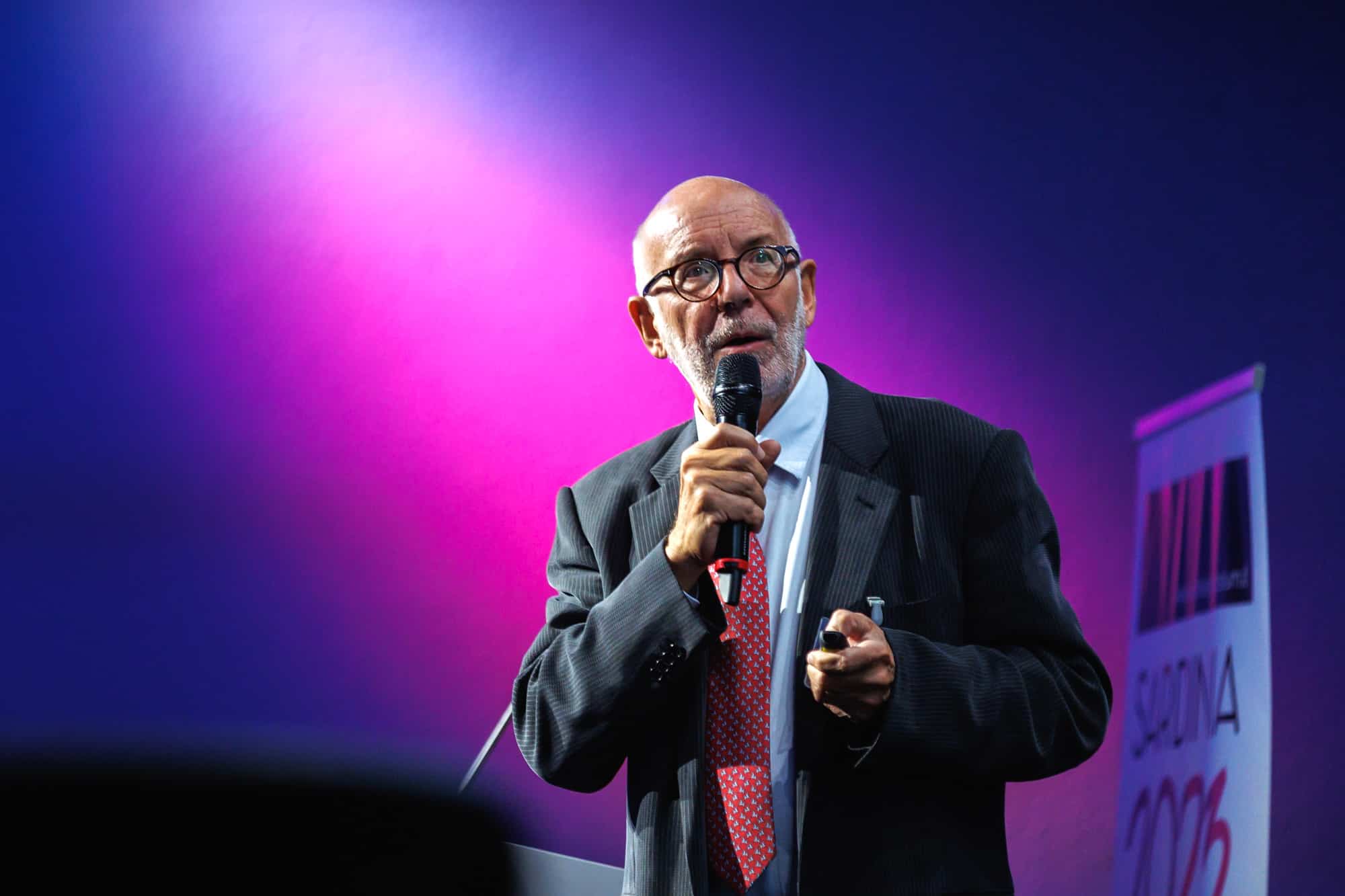
Information Sheet — Sardinia Symposium
History and Description of the Symposium
The biennial Sardinia Symposium was established in 1987, thanks to the fundamental support of the Autonomous Region of Sardinia, with the aim of making scientific and technological knowledge and experience in the field of waste management easily available and shareable. The impetus for its establishment came from Prof. Raffaello Cossu, newly arrived from the Polytechnic University of Milan, after winning the chair as Full Professor of Environmental Engineering at the University of Cagliari.
Since then, the Sardinia Symposium has become one of the world’s main reference forums for experts in the field who, every two years — always in the first half of October — meet in Sardinia to present and discuss new strategies and technologies in what is widely recognised as one of the most prestigious showcases for national and international research in the sector. As proof of this, for over ten years in São Paulo (Brazil), a conference called “Echos de Sardinia” was organised in the years when the Symposium was not held in Sardinia, summarising its most important conclusions.
Over the various editions, always held in Sardinia, the Symposium has witnessed and contributed to the development of modern concepts of integrated waste management, circular economy and sustainable disposal of residues: over the last twenty‑five years there has been no innovation that has not been presented and discussed during the conference sessions and numerous workshops of Sardinia — some organised thanks to fruitful collaboration with the world’s most important universities.
The Symposium, held uninterruptedly since 1987 and always lasting five days (Monday to Friday), has seen attendance ranging between 700 and 1,000 participants (also in relation to international events that influenced conference mobility, e.g. the Twin Towers attack), coming from an ever‑growing number of countries — tangible evidence of the international relevance of the issues addressed. This qualified and recurring flow of scientists from all over the world represents for Sardinia an important resource in terms of both tourism and science.
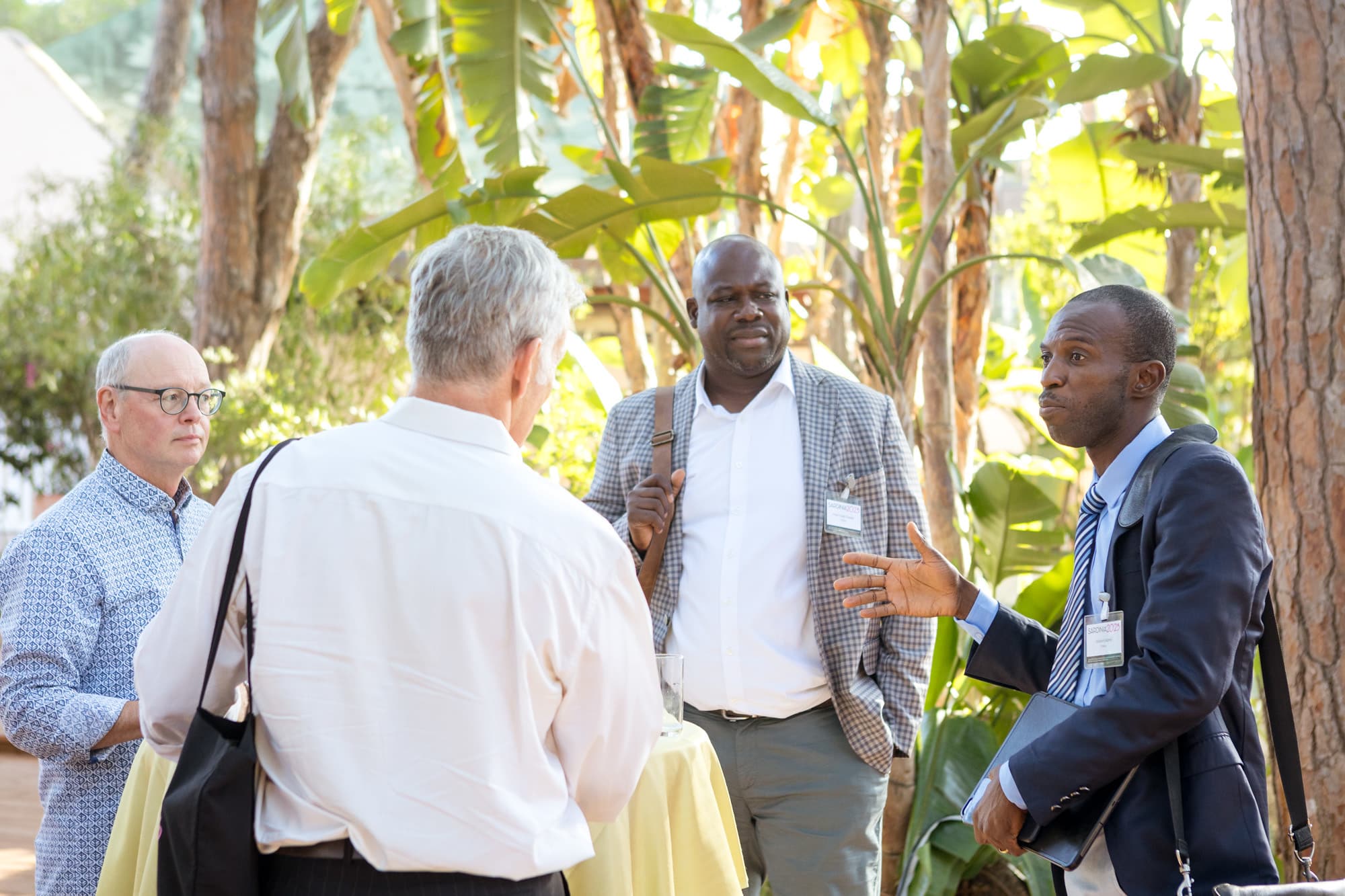
Scientific organisation of the Symposium
International Waste Working Group (IWWG)
The IWWG is an international non‑profit organisation, founded in 2002 as a reference point for the scientific and professional community, to provide an intellectual platform to encourage and support integrated and sustainable waste management and to promote scientific and practical development in the field. The official journals of the IWWG are “Waste Management” and “Detritus”. The former, published by the prestigious Elsevier, is the most important journal in the sector.
Tavolo di Roma
The Rome Table is a platform for discussion and debate on the environmental sustainability of waste management, chaired by MP Paolo Russo, bringing together non‑stakeholder experts from different disciplines (Luciano Butti — lawyer; Raffaello Cossu — environmental engineer; Margherita Ferrante — public‑health physician; Alessandro Marangoni — economist; Alessandro Paone — journalist; Giuseppe Tipaldo — sociologist) and members of Parliament from different political parties.
Universities
The universities that currently support the scientific organisation of the Symposium, each appointing a representative to the Presidium coordinated by Prof. Raffaello Cossu, are: BOKU — University of Natural Resources and Life Sciences, Vienna (Austria); Luleå University of Technology (Sweden); the University of Padua (Italy); Tongji University, Shanghai (China); and Hamburg University of Technology (Germany).
Key Figures for “Sardinia” 2025
In response to the Call for Papers, the Scientific Committee received 483 submissions from 56 different countries. After the selection process, around 400 papers were accepted, coming from: Australia, Austria, Bangladesh, Belgium, Bulgaria, Brazil, Canada, China, Czech Republic, Denmark, Estonia, Finland, France, Georgia, Germany, Greece, Hong Kong, Honduras, Iceland, India, Indonesia, Ireland, Italy, Japan, Kazakhstan, Latvia, Lebanon, Lithuania, Morocco, Netherlands, New Zealand, Norway, Poland, Portugal, Qatar, Saudi Arabia, Singapore, Slovenia, South Africa, South Korea, Spain, Sweden, Turkey, United Kingdom, United States.
The number of registrants currently stands at 415; based on projections from previous editions, approximately 600 participants are expected.
Curriculum Vitae — Prof. Raffaello Cossu (Scientific Referent of the Symposium since 1987)
Emeritus Professor of Environmental Engineering at the University of Padua. After graduating in Chemical Engineering in Milan in 1973, he pursued a forty‑year career between the Polytechnic University of Milan (where in 1984 he launched Italy’s first course in waste management), the University of Cagliari (where in 1987 he obtained the chair as Full Professor of Environmental Engineering and initiated the first Italian experience of separate collection of the putrescible fraction of waste — the Serdiana Project — and the first research into resource recovery from landfills — Landfill Mining), and the University of Padua (to which he transferred the chair in 1998, remaining until retirement in 2018). He served as Chair of the Degree Course in Environmental and Land Engineering from 2000 to 2013, establishing Italy’s first Master’s Degree in Environmental Engineering delivered entirely in English. From 2009 to 2017 he was Editor‑in‑Chief of “Waste Management”, the most important international scientific journal in the field, published by Elsevier. He is currently Editor‑in‑Chief of “Detritus”, a new international multidisciplinary scientific journal entirely dedicated to resource recovery from waste and residues management. Formerly President and now a member of the IWWG Executive Board — the leading international scientific association on solid waste — his intense research activity, always focused on resource recovery from waste, biological treatments and sustainable landfilling, has resulted in over 200 scientific publications and seven books published by leading international (Academic Press, Elsevier, EF & Spon, CRC Press) and national (Il Sole 24 Ore, CISA Publisher) publishing houses.
The full programme and more information are available at: www.sardiniasymposium.it.
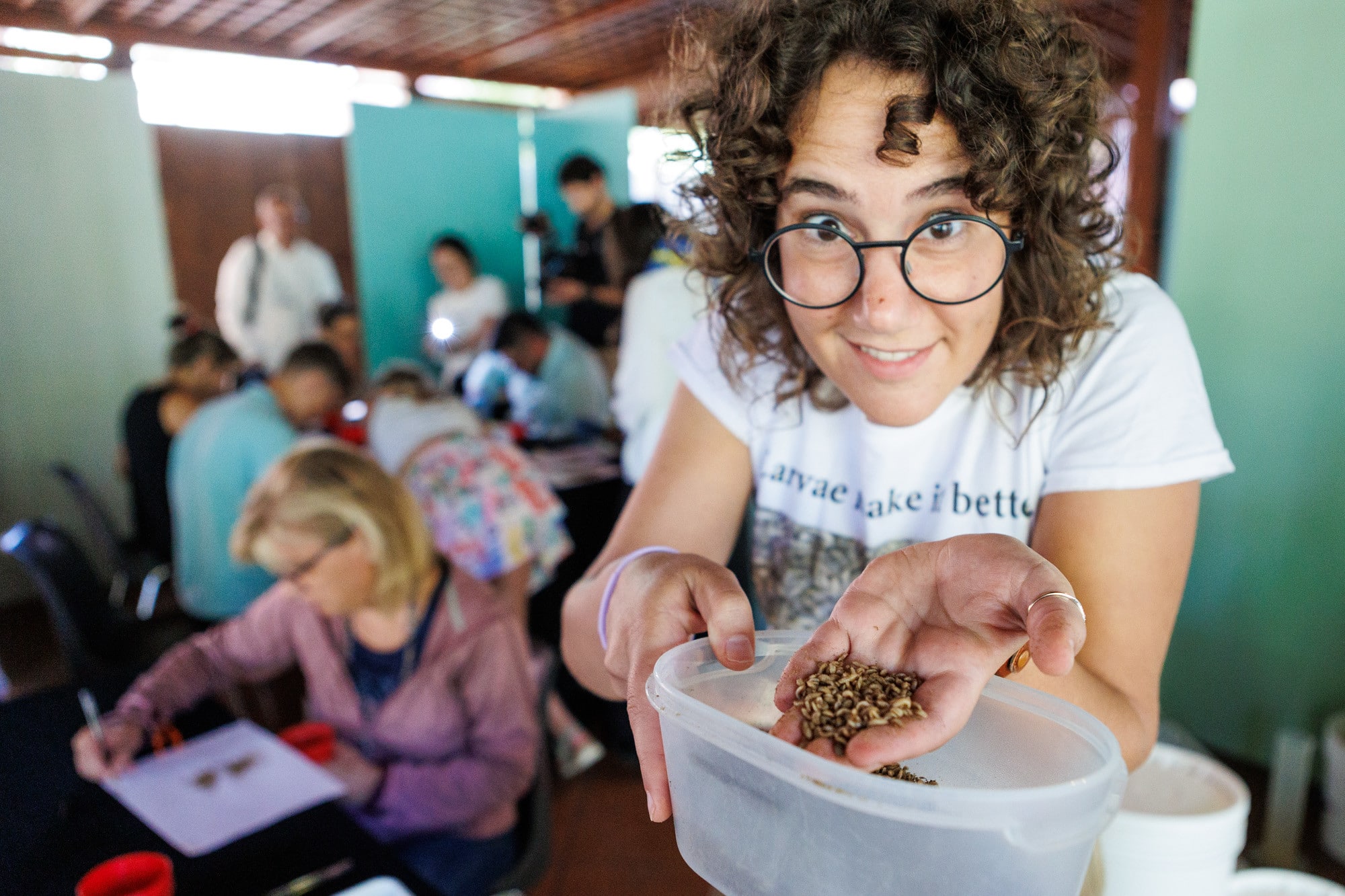
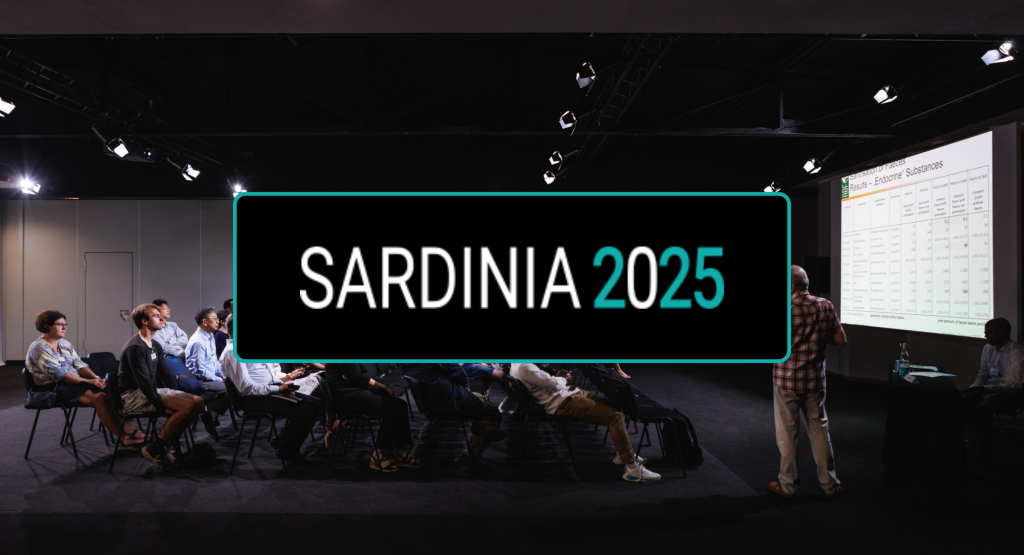
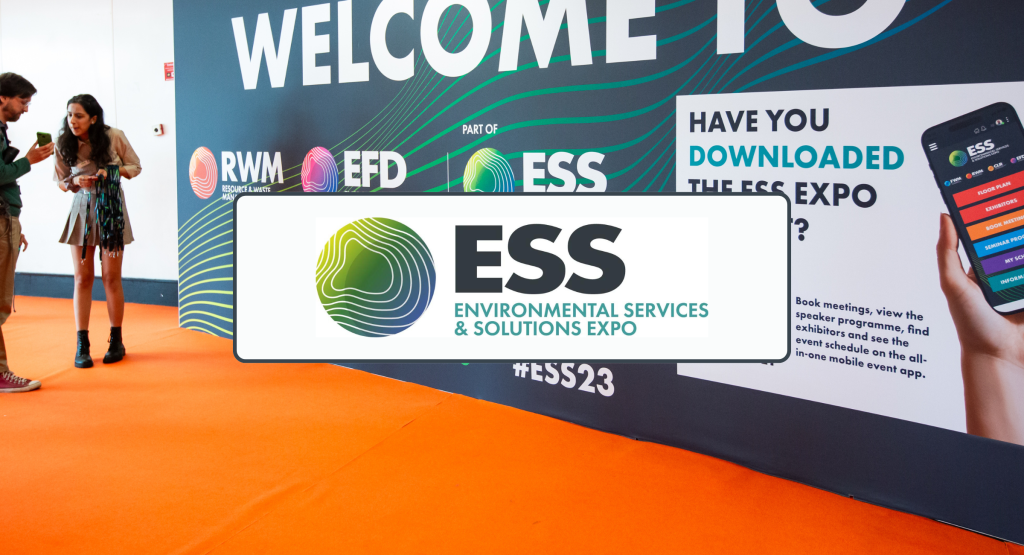
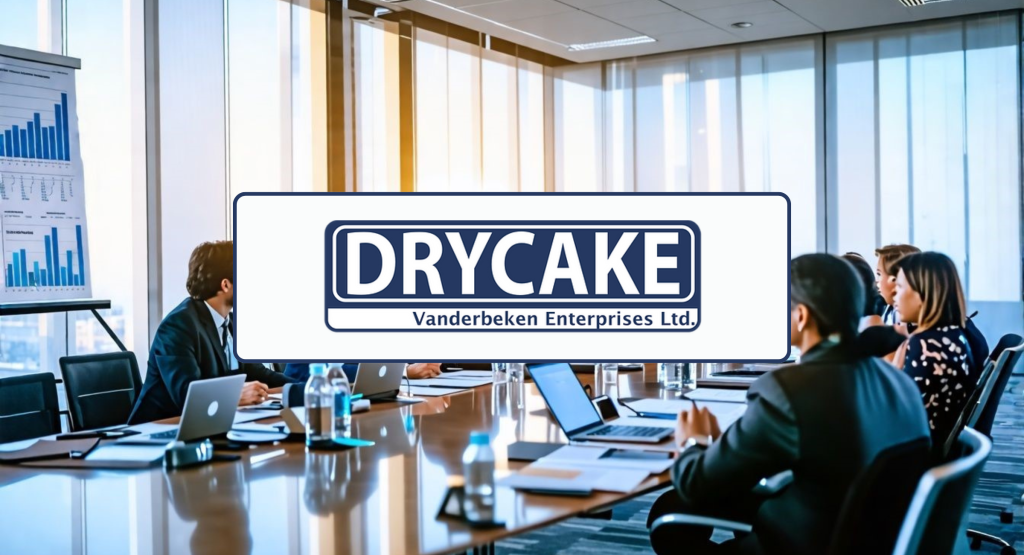
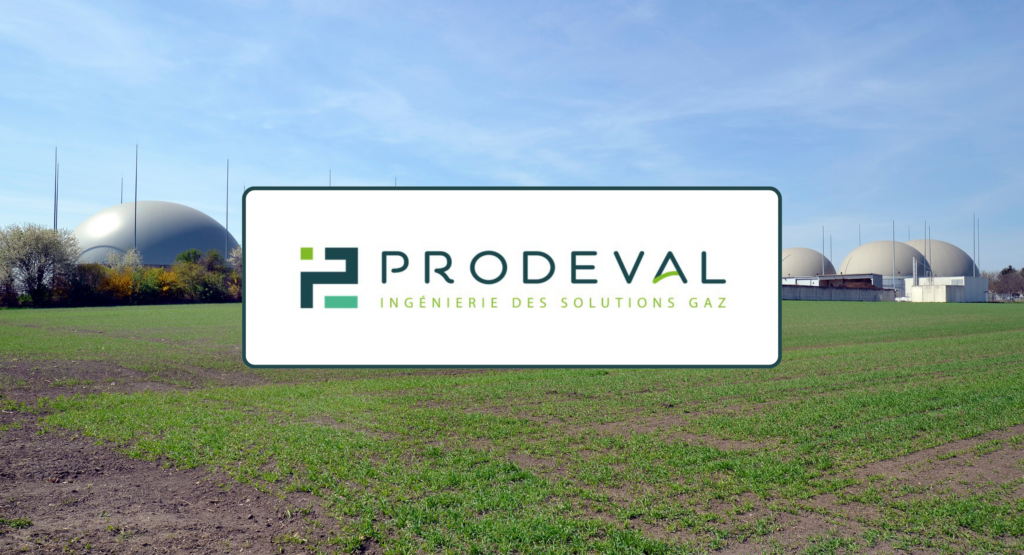
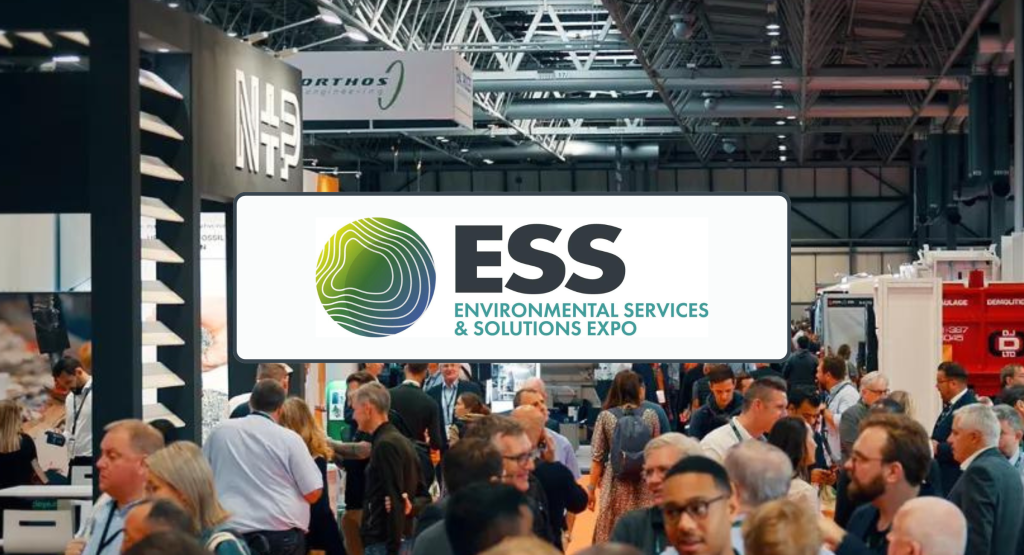
Comments